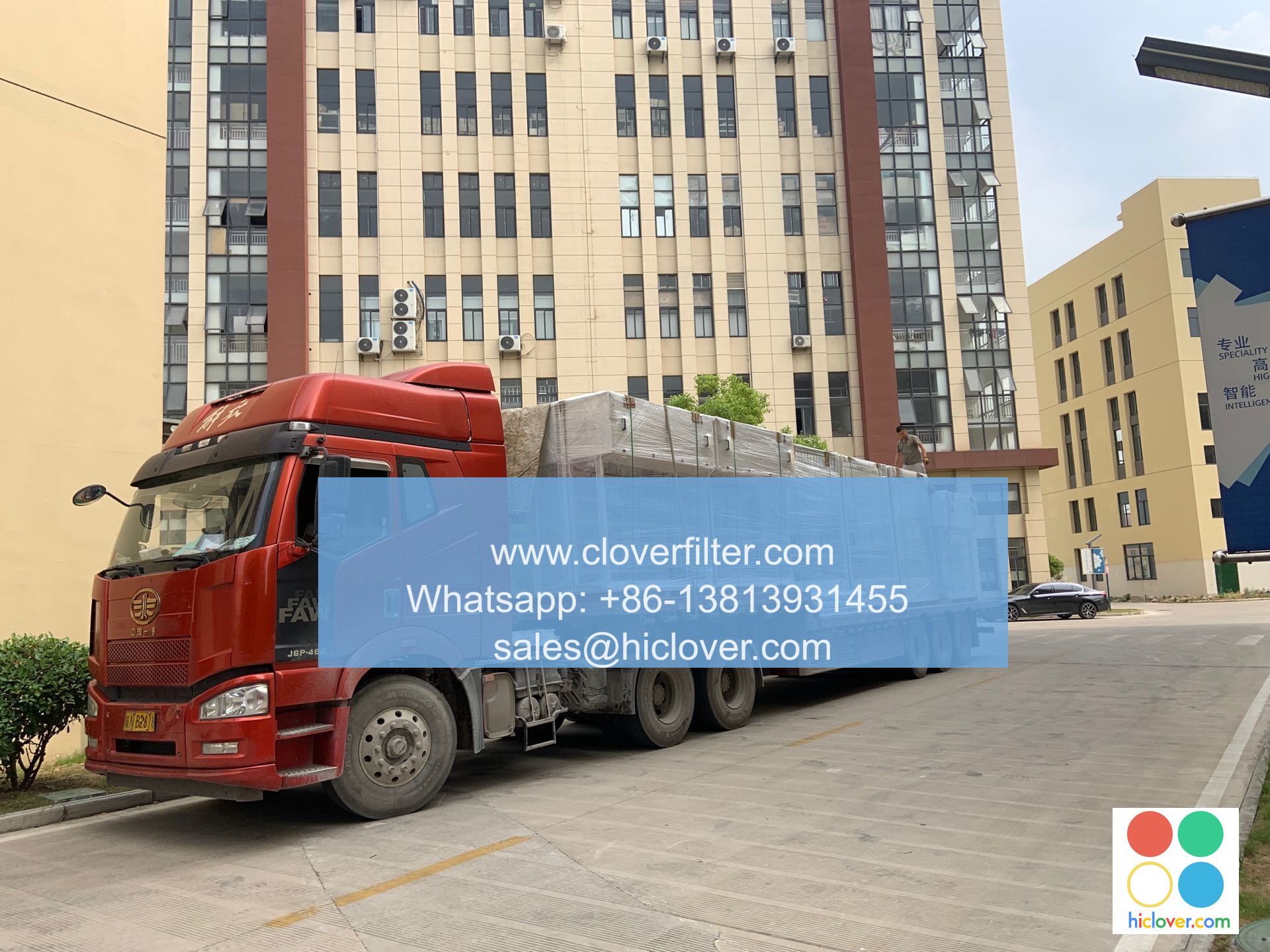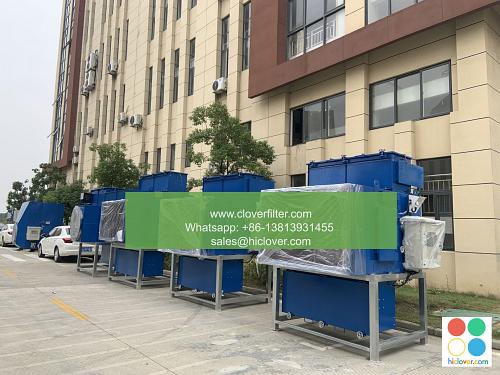Air Filter Production: Testing and Certification Requirements

The production of air filters is a complex process that requires strict testing and certification to ensure the quality and safety of the final product. Air filters are used in a variety of applications, including industrial air filtration, commercial HVAC systems, and residential air purification. In this article, we will discuss the testing and certification requirements for air filter production, highlighting various application areas and key considerations.
Testing Requirements
Air filters must undergo rigorous testing to ensure they meet the required standards for air quality, filtration efficiency, and pressure drop. The testing process typically involves the following steps:
* Particle size analysis: to determine the filter’s ability to capture particles of different sizes
* Air flow testing: to measure the filter’s resistance to air flow and its impact on the overall system performance
* Filter media testing: to evaluate the filter media’s porosity, permeability, and strength
* Leak testing: to detect any leaks or defects in the filter’s construction
Certification Requirements
Air filters must comply with various industry standards and regulations, such as those set by the ASHRAE (American Society of Heating, Refrigerating, and Air-Conditioning Engineers), ISO (International Organization for Standardization), and EN (European Standard). Some of the key certifications for air filters include:
* ASHRAE 52.2: a standard for residential air filters that evaluates their minimum efficiency reporting value (MERV)
* ISO 16890: a standard for air filter testing that provides a framework for evaluating filter performance
* EN 779: a standard for air filters used in industrial and commercial applications that sets requirements for filter efficiency and pressure drop
Application Areas
Air filters are used in a wide range of applications, including:
* Industrial air filtration: to remove dust, pollutants, and chemicals from the air in industrial settings
* Commercial HVAC systems: to improve indoor air quality and reduce energy consumption in commercial buildings
* Residential air purification: to remove allergens, viruses, and bacteria from the air in homes
* Medical facilities: to provide clean air and reduce the risk of infection in healthcare settings
* Aerospace and defense: to provide high-efficiency filtration for aircraft and defense systems
Conclusion
In conclusion, the production of air filters requires strict testing and certification to ensure the quality and safety of the final product. By understanding the testing and certification requirements, as well as the various application areas, manufacturers can produce high-quality air filters that meet the needs of different industries and applications. Whether it’s industrial air filtration, commercial HVAC systems, or residential air purification, air filters play a crucial role in improving air quality and reducing energy consumption. By highlighting various application areas and key considerations, we hope to have provided a comprehensive overview of the air filter production process. You haven’t provided a question or topic for me to address. Please provide more context or information so I can assist you effectively. What would you like to talk about or ask?

